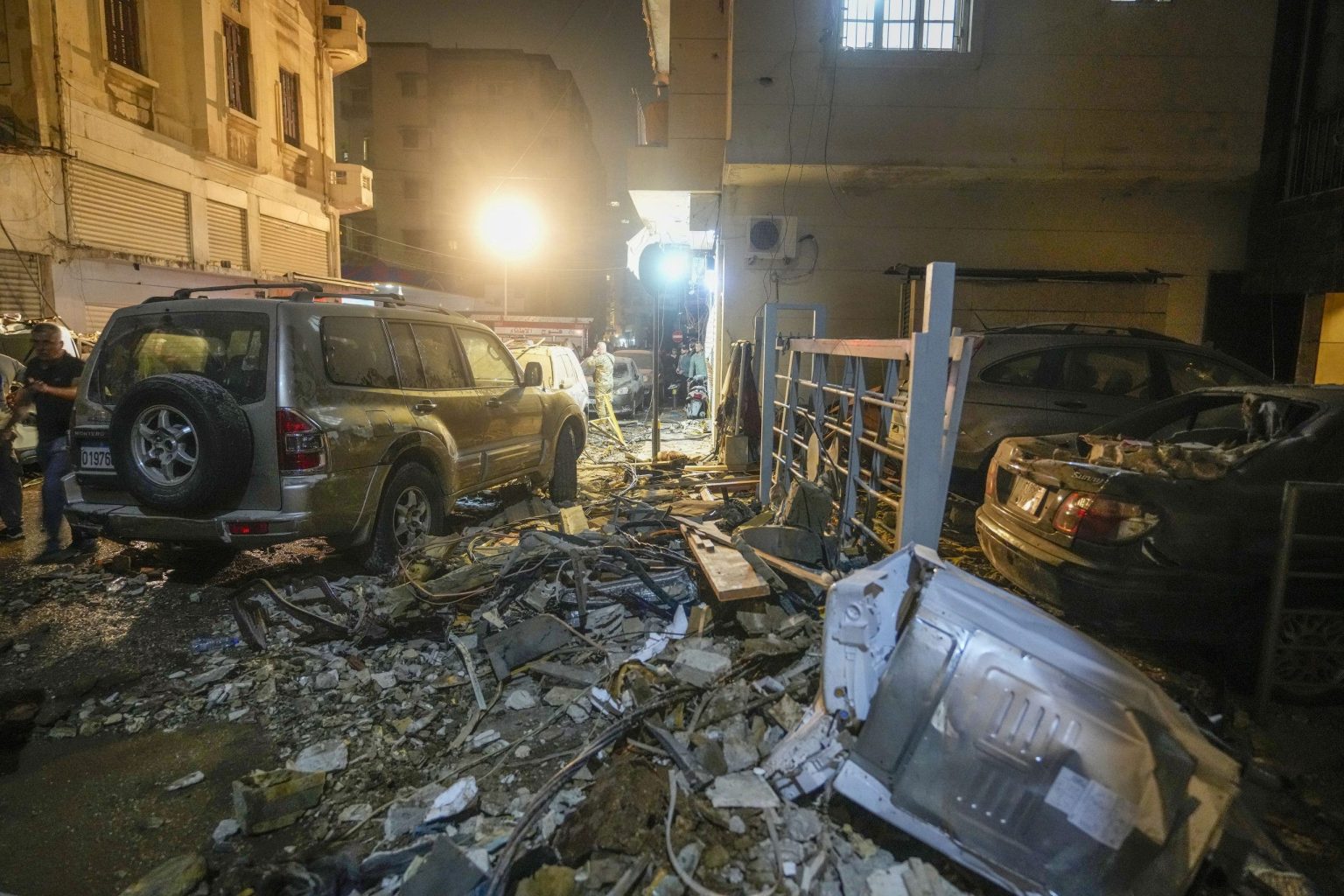An air raid in Beirut resulted in at least 22 deaths and dozens of injuries as Israeli airstrikes targeted residential buildings in Lebanon, escalating the conflict with Iran-backed Hezbollah militants. The Israeli military is investigating the reported strikes, which have become more frequent in Beirut’s southern suburbs where Hezbollah operates. The attack came the same day as Israeli forces fired on United Nations peacekeepers in southern Lebanon and wounded two of them. Hezbollah has expanded its rocket fire into more populated areas in Israel, causing disruptions to daily life.
The conflict between Israel and Hezbollah has intensified over the past year, with multiple terrorist attacks occurring in both countries. Israeli Prime Minister Benjamin Netanyahu has been in discussions with President Biden regarding Israel’s retaliatory actions against Iran following recent missile strikes on Israel. The Biden administration has expressed frustration with Israel for withholding security details and has urged Israel to avoid incursions into Lebanon, fearing a broader regional war. The White House has also advised Israel to keep any retaliation against Iran “proportionate,” without specifying what this might entail.
The ongoing conflict between Israel and Hezbollah has resulted in the displacement of roughly 1.2 million people in Lebanon, with over 400,000 fleeing to Syria. The Lebanese Health Ministry has reported over 1,400 deaths, including combatants believed to have been killed by Israel. Some 70,000 Israelis have been forced to leave their homes in the country’s northern communities since the start of the conflict. The White House has cautioned against Israel hitting Iranian nuclear or oil facilities and has emphasized the need to keep any retaliatory actions in line with what it deems to be proportionate.
The air raid in Beirut was the deadliest in over a year of warfare between Israel and Hezbollah, resulting in significant loss of life and widespread destruction. The Israeli airstrikes targeted residential buildings in separate neighborhoods simultaneously, causing devastation and casualties. The conflict has escalated with Hezbollah expanding its rocket fire into more densely populated areas in Israel, although casualties on the Israeli side have been limited. Israel’s retaliatory actions against Iran, as well as its conflict with Hamas in the south, have raised concerns about the potential for a broader regional war.
Lebanon’s health ministry confirmed the casualties from the air raid, which destroyed an eight-story building and damaged another. Israeli forces also fired on UN peacekeepers in southern Lebanon on the same day as the airstrikes, injuring two of them. The ongoing conflict between Israel and Hezbollah, coupled with escalating tensions with Iran, has posed challenges for the Biden administration in managing the situation and ensuring that any retaliatory actions are proportionate. The displacement of over a million people in Lebanon and the deaths of thousands underscore the human cost of the conflict, as well as the broader regional implications of the continuing violence.
The conflict between Israel and Hezbollah, marked by airstrikes, rocket attacks, and escalating tensions, has resulted in significant loss of life and displacement of populations in Lebanon and Israel. The Israeli government, under Prime Minister Netanyahu, has been in discussions with the Biden administration regarding retaliatory actions against Iran and the need to avoid incursions into Lebanon. The White House has urged Israel to exercise restraint and proportionality in its response, emphasizing the need to prevent a broader regional war. The ongoing conflict underscores the challenges of managing multiple fronts of conflict and ensuring the safety and security of civilians caught in the crossfire.


